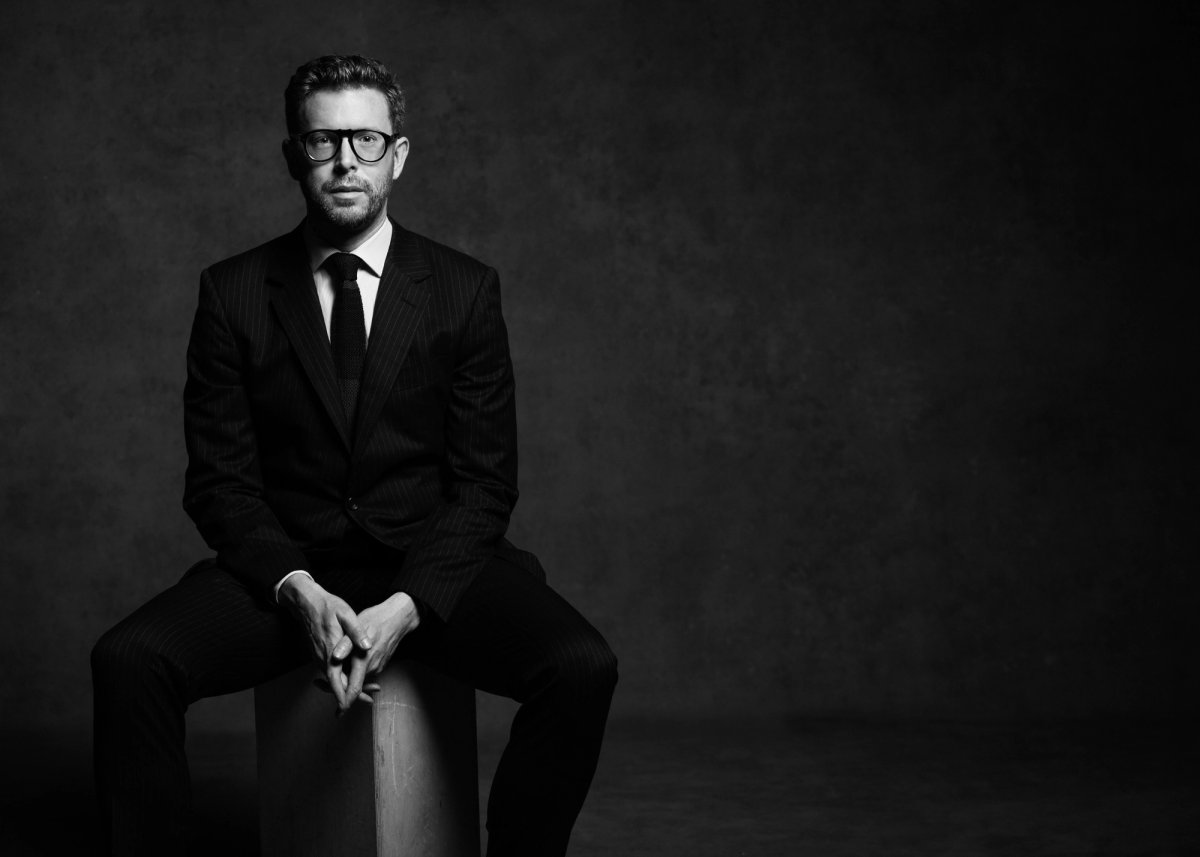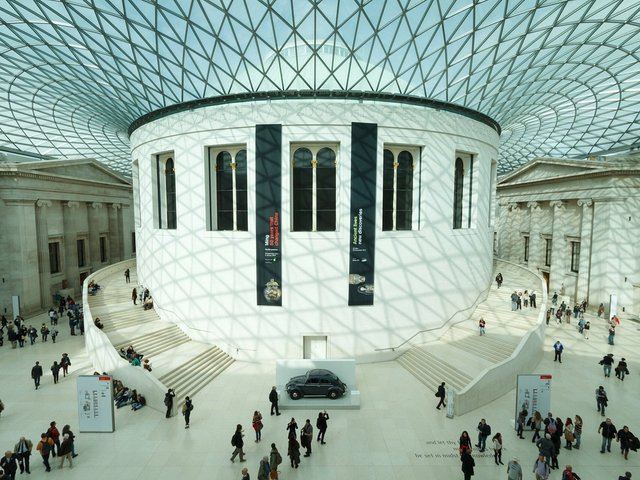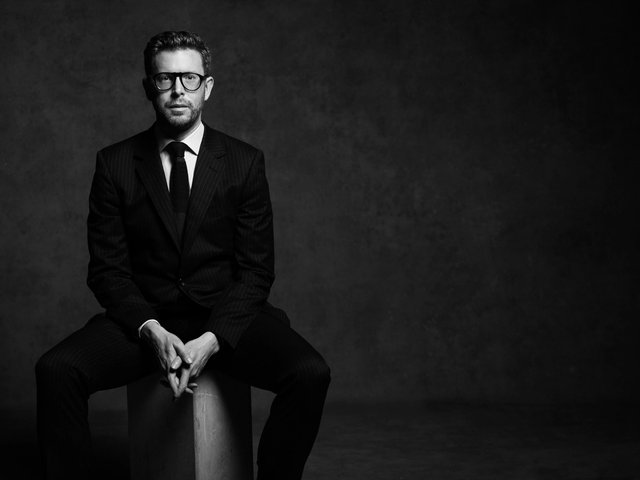Nicholas Cullinan, the director of the UK’s National Portrait Gallery, has been appointed to lead the British Museum, where he faces an array of challenges after a damaging theft scandal and ahead of a major refurbishment and extension.
Cullinan, who is 46, led a renovation at the National Portrait Gallery that met critical and public acclaim. “We believe he can achieve this, and more, on the bigger scale of the British Museum as we undertake a once-in-a-generation redevelopment,” George Osborne, the chair of the British Museum, said in a statement.
He takes over from Mark Jones, who served as interim director after Hartwig Fischer’s departure in August. Fischer was expected to leave this year, but stepped down with immediate effect in what he described as a situation of “the utmost seriousness”—the discovery that hundreds of items had been stolen from the museum’s Greek and Roman department over a number of years. The museum fired several staff members and has opened legal proceedings against a former curator.
In addition to repairing the reputational damage and overseeing the vast renovation project, Cullinan is likely to face further calls for the return of the Parthenon Marbles to Greece and the restitution of other objects in the museum’s collection that were acquired in a colonial context. After the thefts, the world’s oldest national museum also announced plans to fully digitise its collection over the next five years.
The renovation project—known internally as the “masterplan” and described by the museum as “one of the most significant cultural projects ever undertaken”—began on Fischer’s watch and is expected to take decades. The first stage is due to reach completion this year, with the opening in June of the new British Museum Archaeological Research Collection facility in Reading. The museum is also planning a new Energy Centre with the aim of phasing out fossil fuels on its premises.
Cullinan’s experience at the National Portrait Gallery, which reopened last year after a three-year closure, may prove valuable. Laura Cumming, the Guardian’s art critic, wrote at the time that “this magnificent reinvention could not happen without deep observation, curiosity, wisdom and experience.”
Cullinan has previously served as a curator at the Metropolitan Museum of Art in New York, and at Tate Modern, where he worked on the 2014 exhibitions Henri Matisse: The Cut-Outs and Malevich. He studied history of art at the Courtauld Institute.
His appointment met with the unanimous approval of the museum’s board of trustees and was endorsed by Prime Minister Rishi Sunak, according to the statement.
Cullinan said it will be an honour to run “one of the greatest museums in the world” and lead it “into a new chapter.” He will take up his new post this summer, the museum’s statement said.
“This will encompass the most significant transformations, both architectural and intellectual, happening in any museum globally,” he said.
The salary for the post was advertised at £215,841. The application pack sought candidates capable of leading a workforce of almost 1,000 and overseeing “a positive culture change within the museum,” as well as ensuring “a pipeline of world-class programming.”





